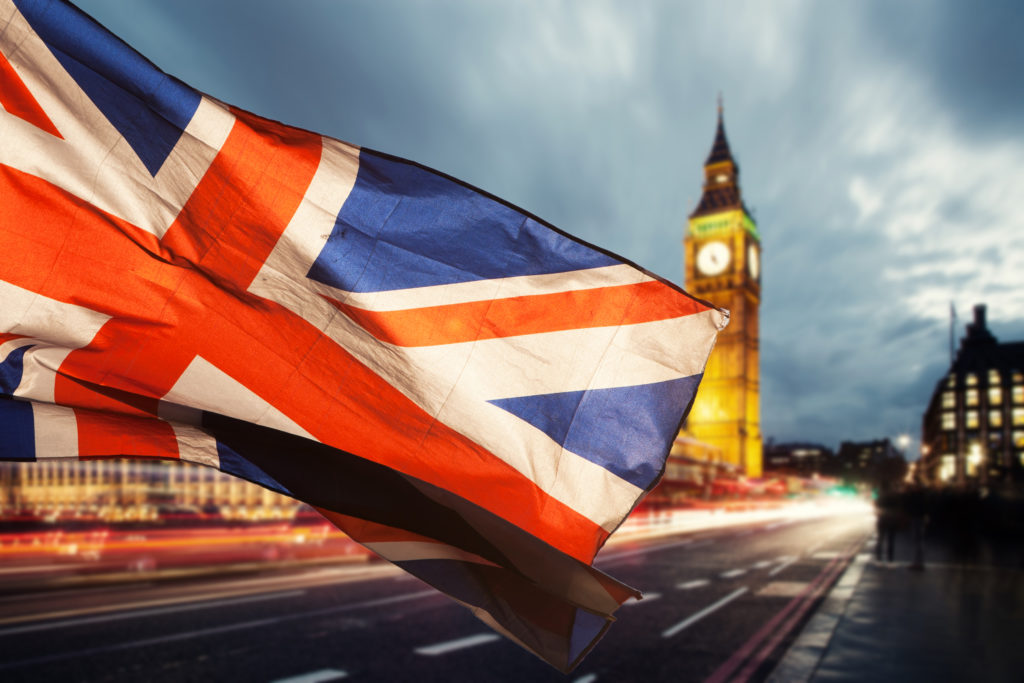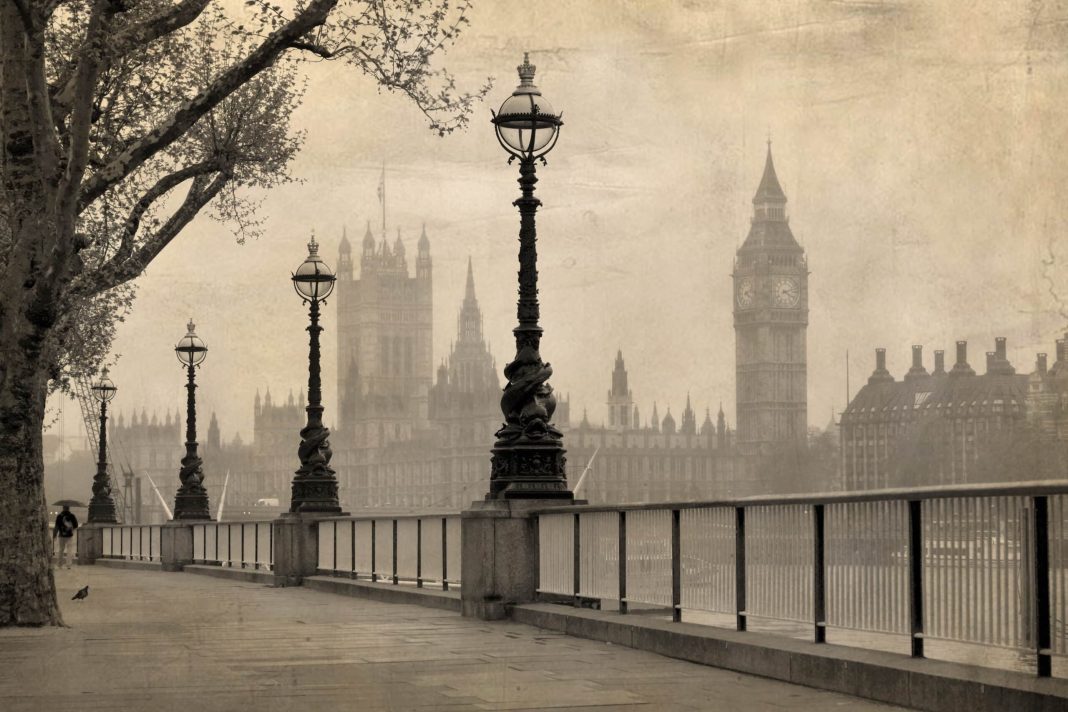Remember, remember, the 5th of November. Why? Well, let’s find out.
Guy Fawkes Day, also known as Bonfire Night, is an annual commemoration observed on the 5th of November, primarily in the UK. Its history begins with the events of 1605, when Guy Fawkes, a member of the Gunpowder Plot, was arrested while guarding explosives the plotters had placed beneath the House of Lords. Celebrating the fact that King James I had survived the attempt on his life, people lit bonfires around London, and months later, the introduction of the Observance of 5th November Act enforced an annual public day of thanksgiving for the plot’s failure. However, is this really a pro-governmental celebration? Let’s dive in.
The Origins of Guy Fawkes Day
So what is the 5th November all about? Well, the origins of Guy Fawkes Day lie in the political and religious turmoil of the early 17th century. England was a place of unrest, with deep divisions between Catholics and Protestants. The accession of James I in 1603 had not eased the plight of Catholics as they had hoped. A group of Catholic revolutionaries, of which Guy Fawkes was a part, hatched a plan to blow up the Houses of Parliament during the state opening, thus killing the king and many members of the aristocracy and clergy. The Collector writes:
“After the death of Queen Elizabeth I, Catholics had high hopes that King James I would be more accepting of the Catholic faith. His wife, Anne of Denmark, converted to Catholicism, and his mother was a devout Catholic. However, King James continued in Queen Elizabeth’s footsteps with the persecution of Catholics”
It was a matter of religion. And For Guy Fawkes and the rest of the conspirators, they saw no other choice but to take drastic measures. Previously, others had attempted the 1603 Bye Plot and Main Plot. Both had failed. The Gunpowder Plot was a new, well-thought out attempt.
Who was Guy Fawkes?
Guy Fawkes, born in 1570 in York, was a convert to Catholicism and had served as a soldier in the Spanish army. His expertise with explosives led the plotters to entrust him with the gunpowder. Fawkes was seen as a well-to-do man. HRP writes:
“A man of great piety, of exemplary temperance, of mild and chearful demeanour, an enemy of broils and disputes, a faithful friend, and remarkable for his punctual attendance upon religious observance.”
It probably seems a little odd that a man described as this, could be responsible for one of the most historic and large scale treason attempts in British history. But, as previously mentioned, this was about life and death. This was at a time where priests were banned, and any found giving secret services were executed. Fawkes had fought in an 8 year war for Catholic Spain, against the Protestant Dutch. He came back ready to die for his religion.
What Happened in the Gunpowder Plot?
The Gunpowder Plot was more than just an assassination attempt; it was a plan to instigate a revolt during which a Catholic monarch could be placed on the throne. There were around 8 individuals that made up the plotters but, as we’ve established, only Fawkes really knew how to handle explosives. The plotters rented a cellar that extended under the House of Lords and stockpiled gunpowder there. Their plan was to blow up parliament, with 36 barrels of gunpowder, on the 5th November – during the state opening. According to experts, this amount of explosives would have been enough to not only destroy the Houses of Parliament, but also most of Westminster. If not for the anonymous tip-off, the explosion would have been devastating, potentially changing the course of British history. The Collector continues:
“On November 5, 1605, Fawkes went into the cellar with a fuse, lantern, and matches to light the barrels of gunpowder located in the basement of the House of Lords. The plot was extremely close to succeeding if an anonymous tip hadn’t caused a member of Parliament, Sir Thomas Knyvett, and close friend Edmund Doubday to catch Fawkes sneaking around in the basement.”
Instead, the Houses of Parliament were spared and Fawkes arrested. He suffered interrogation and torture, and eventually was hung at the gallows. However, he will always be remembered – both for his revolutionary attitude, and his seek for destruction. It depends which way you lean.
The Cultural Impact of Guy Fawkes Day
The failure of the Gunpowder Plot had a profound impact on British culture. The 5th of November became a national day of thanksgiving, and the tradition of lighting bonfires, originally a pagan custom, was incorporated into the celebrations. Effigies of Guy Fawkes, known as “Guys,” are often burned on these bonfires. The day is also marked by fireworks displays, which symbolise the explosives that were never used. In the UK, some of these firework displays can be absolutely awesome to watch. A common poem that is sung during this period is this one:
Remember, remember, the 5th of November,
Gunpowder, treason and plot.
I see no reason
Why gunpowder treason
Should ever be forgot.
Guy Fawkes, Guy Fawkes, ’twas his intent
To blow up the King and the Parliament
Three score barrels of powder below
Poor old England to overthrow
By God’s providence he was catch’d
With a dark lantern and burning match
Holler boys, holler boys, let the bells ring
Holler boys, holler boys
God save the King!
Controversy of Guy Fawkes Day
Of course, originally, the aim of the national holiday on the 5th November was to remember how Fawkes had been stopped from causing treason. It was a celebration. As you read in the poem: “God save the king!”. However, this is not necessarily how Guy Fawkes Day is celebrated today. The burning of “Guys” has been seen by some as an archaic practice, and the anti-Catholic sentiments that were once a significant part of the celebrations are no longer considered acceptable. In addition, the image of Guy Fawkes has been somewhat romanticised over time. The graphic novel and film “V for Vendetta” prominently feature a protagonist who wears a Guy Fawkes mask, symbolising resistance against tyranny. This mask has been adopted by various protest groups around the world, most notably by the online hacktivist group Anonymous. Fawkes, for many, resembles an anti-establishment figure. Someone worth celebrating. The illustrator behind the mask said himself when talking to BBC News:
“The Guy Fawkes mask has now become a common brand and a convenient placard to use in protest against tyranny—and I’m happy with people using it, it seems quite unique, an icon of popular culture being used this way”.
Thus, what once began as a day to make the population remember that treason is unforgivable and dealt with harshly in the UK, has now become essentially the opposite. People now flood to parks and other public spaces to celebrate – not only the amazing bonfires and fireworks – but also the attempt made by Guy Fawkes in 1605. A man who wanted to take down the state. This isn’t to say that everyone who celebrates the 5th November feels that way. In fact, everyone probably fits into one of three categories.
Category 1: God save the king and the establishment!
Category 2: God save Guy Fawkes and his attempt to bring down the state!
Category 3: What is Guy Fawkes Day? Those fireworks are cool!

Conclusion
Whichever category you fit into, it doesn’t really matter. The 5th November can be as political as you want it to be. Like any national holiday, it’s really just a chance to relax, enjoy some public fireworks and socialise. Guy Fawkes Day is a unique event that combines history, tradition, and modern celebration. But if you’re that way inclined, it also serves as a reminder of a turbulent time in British history, where Catholics and Protestants were coming head to head. While its origins are steeped in religious and political conflict – and this can sometimes separate the state-lovers and the state-haters – today’s observances are generally secular and festive, with a focus on community and enjoyment. So wherever you stand: remember, remember, the 5th November. Enjoy.
Welcome cannabis aficionados! Thanks for making your way to Cannadelics.com, an independent news site going deep into the worlds of cannabis, psychedelics, and well beyond. We’re big on updates, so come by regularly. And get yourself signed up to the Cannadelics Weekly Newsletter, for the best in related product offerings, as well.





